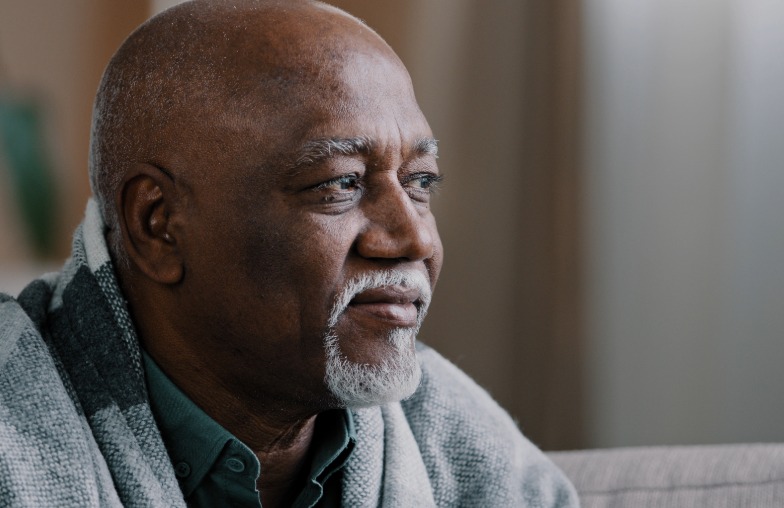BIO International 2024 Highlights
Biotech companies from all over the globe, including those researching novel, next-generation cancer therapies, gathered at the annual BIO International Convention in San Diego, California, during the first week of June 2024. More than 18,500 registrants from most countries and territories participated in the meeting, comprising more than 100 sessions across 18 focus areas, including AI and digital health, personalized medicine, neurology, next-generation and cell and gene therapies (CAGT), as well as Asia-Pacific (APAC) opportunities. Cutting-edge science across multiple indications has culminated in exceptional advances from some of the best minds in biotechnology research.
The meeting kicked off with a remarkable, inspiring, and informational keynote address delivered by notable names, including Todd Gloria, the mayor of San Diego, Aaron Lazar, and Viola Davis. John Crowley, CEO and President of BIO, shared his thoughts on how BIO is helping to heal, fuel, and feed the world. Lazar, an actor and singer, spoke about his journey with ALS and provided inspiration to the attendees to drive more innovation for patients’ unmet needs. Lazar’s address was part of the conference’s theme focused on addressing patients’ needs.
Navigating the BIOSECURE Act
The Biosecure Act (H.R.7085), introduced by the U.S. Congress earlier this year, was a big topic of conversation throughout the event. This bill prohibits federal contracting with certain biotechnology providers connected to foreign adversaries, with exceptions. While there are named companies, including BGI, MGI, Complete Genomics and WuXi AppTec, other companies may be excluded or included based on specific circumstances. As many U.S. companies use APAC-based manufacturers, this bill has the potential to fundamentally change the dynamic and funding of drug development. That said, the conference showed a significant increase in attendance by representatives from APAC countries with assets covering the spectrum—from small molecules to CAGT. Some attendees at BIO International heard that China may not be the most appropriate place to support programs, given concerns (Wuxi Biologics did not attend BIO, though some at the conference mentioned Wuxi was told not to come.) This is a critical area to watch during 2024 and beyond.
Increasing competition for funding
The Start-up Stadium connects startup companies with companies that can help provide them with capital. Companies from multiple disciplines showcased cutting-edge technology, providing a glimpse into the future of biotechnology. These companies competed for funding and other support in areas of blood products, oncology, CAGT, and diagnostics. These challenges may result in funding issues for biotech companies while APAC-based organizations continue to pitch for clinical research to be conducted there.
Precision medicine continuing to dominate
Precision medicine was front and center during the BIO sessions, supported by leaders across the industry. Topics covered included AI/ML in supporting digital pathology, target identification, as well as site selection and monitoring.
Various roundtable sessions included experts from Johnson and Johnson, Frederick National Laboratory for Cancer Research, and Alnylam. These discussions aimed to make precision medicine a common practice with clinicians across the country with contributions from Merck, AIM at Melanoma, Moderna, and Innovative Health initiative. They focused on how to create a foundation for consistent use and reliability, as well as policy and practice discussions around how to implement these technology practices across the nation with Personalized Medicine Coalition, NorthShore Hospital system, Thermo Fisher Scientific, and Biofidelity. We are excited to see a focus on finding better ways to ensure patients get the best treatment possible.
The promising future of CAR-T therapies
Following the focus on precision medicine, in the past six years the U.S. Food and Drug Administration (FDA) approved six CAR-T cell therapies to treat blood cancers. Allogeneic cell therapy promises to be the next-generation option to broaden patient access, lower costs, and increase reliability and scalability. There were sessions, company presentations, and multiple exhibitors demonstrating this growing area, and how it will help drive enhanced patient solutions.
Biotechs diluting risks, expanding portfolios
Partner meetings were extensive among companies of all sizes, which indicated an opportunistic environment for large companies to acquire assets and/or partner with others. Smaller companies appear to be diversifying their portfolios to dilute their risk. For example, oncology companies are branching out to other therapeutic and indication areas, including central nervous system, diabetes, and obesity programs, to enable those assets to fund oncology programs. Bio 2024 saw a significant increase in CNS assets and programs being touted.
Watching the ever-increasing focus on patients and how we can support their customer journeys, we are optimistic that the heightened awareness will continue to drive policy changes and wide-reaching training to ensure we can focus on the right treatment for each patient on an individualized level.
While these are just a few of the highlights from BIO 2024, they show that as an industry we are branching out into diverse disease applications. Among the increasing focus on diagnostics and precision medicine paired with cross-indication growth, we are excited about the future of patient-focused treatment solutions. Contact Catalyst Oncology to discuss how we can help move your assets forward.



